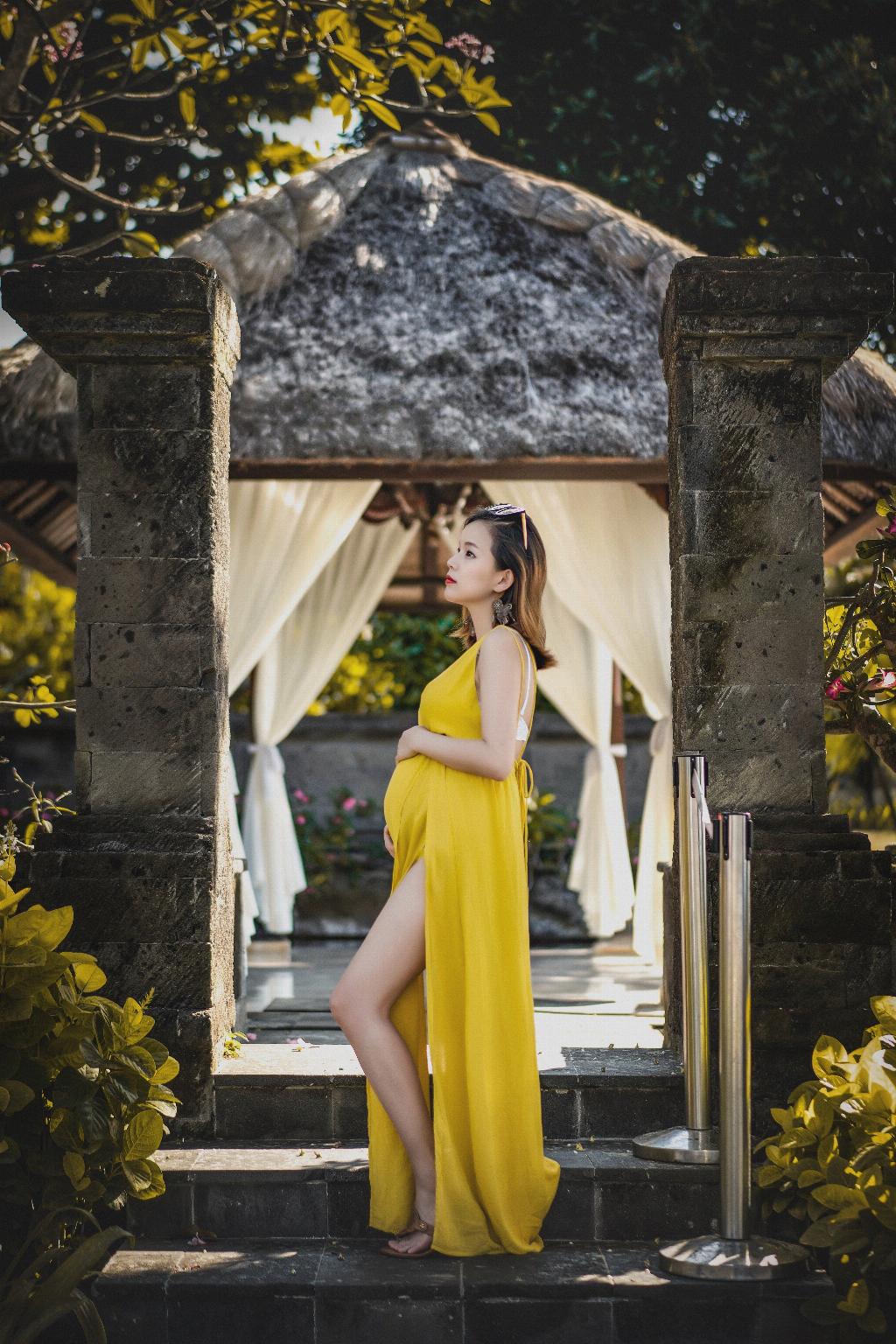As women age, their reproductive capabilities naturally decline. This decline becomes more pronounced in their early 40s, with a significant decrease in both egg quality and quantity. At 44 years old, a woman may face challenges that make it harder to conceive and carry a pregnancy to full term.
The Role of Egg Quality
One of the key factors affecting a woman’s ability to get pregnant at 44 is the quality of her eggs. As women age, the likelihood of chromosomal abnormalities in eggs increases, which can lead to difficulties in conception and an increased risk of miscarriage.
Decreased Fertility Potential
By the age of 44, a woman’s fertility potential has significantly declined. The chances of becoming pregnant naturally decrease, with a lower likelihood of successful conception each month compared to younger women.
Age-Related Challenges
Advanced maternal age brings about a range of challenges that can impact fertility. Issues such as hormonal imbalances, decreased ovarian reserve, and an increased risk of underlying health conditions can contribute to difficulties in achieving pregnancy.
Assisted Reproductive Technologies
While natural conception may be more challenging for a 44-year-old woman, assisted reproductive technologies such as in vitro fertilization (IVF) offer options for those seeking to conceive. These treatments can help overcome age-related fertility issues and improve the chances of pregnancy.
Consulting with a Fertility Specialist
For women in their mid-40s who are considering pregnancy, consulting with a fertility specialist is crucial. A medical professional can assess individual fertility factors, provide guidance on potential treatment options, and offer personalized recommendations based on the woman’s specific health and circumstances.
Understanding the Odds
It’s important for a 44-year-old woman to have realistic expectations regarding her chances of getting pregnant easily. Statistics show that the likelihood of conceiving naturally at this age is lower, with a success rate of around 3-4% per cycle.
Optimizing Fertility
While age presents inherent challenges, there are steps that women can take to optimize their fertility and improve their chances of conception. Maintaining a healthy lifestyle, managing stress, and discussing fertility preservation options with a specialist are all factors that can positively impact fertility outcomes.
Considering Alternative Paths to Parenthood
For women who find it difficult to conceive naturally or through assisted reproductive technologies, exploring alternative paths to parenthood such as adoption or surrogacy can be viable options. These avenues offer opportunities to build a family and fulfill the desire for parenthood.
Emotional Considerations
Trying to conceive at an older age can bring about a range of emotional considerations. It’s important for women and couples to navigate these feelings, seek support when needed, and approach the journey to parenthood with a sense of understanding and self-care.
Seeking Support and Guidance
Regardless of the challenges and uncertainties that come with trying to conceive at 44, seeking support and guidance from healthcare professionals, counselors, and support groups can provide valuable resources and assistance throughout the fertility journey.
Conclusion: Navigating the Path to Parenthood
While the likelihood of a 44-year-old woman getting pregnant easily may be lower compared to younger ages, it’s essential to approach the journey to parenthood with a combination of realism, optimism, and support. By understanding the challenges, exploring options, and seeking guidance, women can navigate the path to parenthood with empowerment and resilience.

